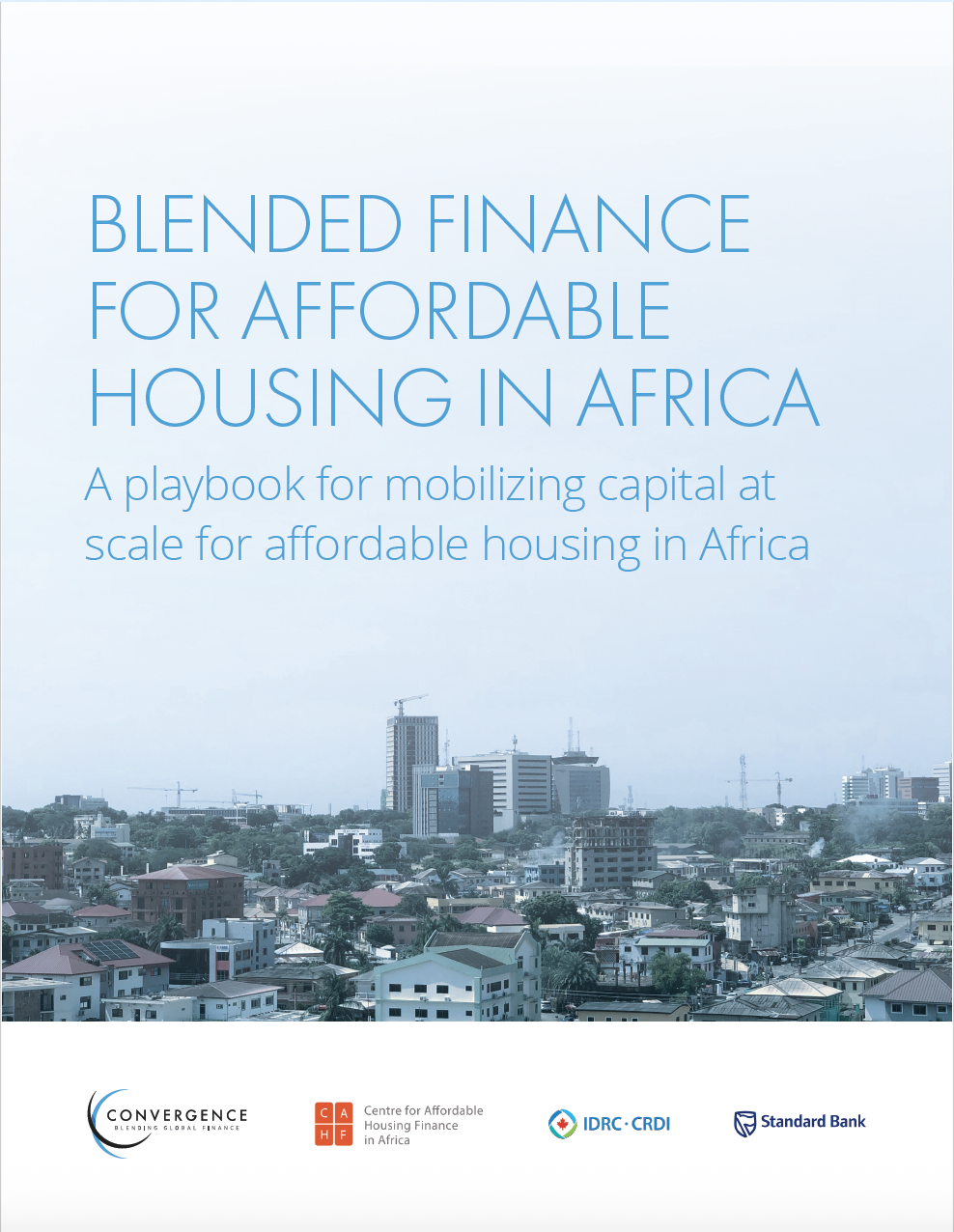Africa’s affordable housing sector is characterized by rapid urbanization, population growth, and a persistent supply-demand gap that leaves millions without access to formal housing. Despite significant demand, the sector remains underdeveloped and is perceived as high risk. Developers face high land and infrastructure costs, limited access to affordable long-term capital, and capacity constraints. Financial institutions struggle with low mortgage penetration, short loan tenors, and exposure to currency volatility. Governments, constrained by limited fiscal space, are challenged to provide enabling infrastructure and effective subsidies. As a result, formal finance largely targets middle- and high-income segments, leaving affordable housing underserved and driving the growth of informal settlements.
This report provides a playbook for blended finance in Africa’s affordable housing sector, offering a structured framework to define objectives, address market pre-conditions, and design solutions that align impact with financial sustainability. It illustrates how concessional capital can be deployed to mobilize private investment, drawing on case studies that demonstrate practical applications. Ultimately, the report equips those seeking to structure a blended finance transaction for affordable housing in Africa with tools and lessons that can be replicated and scaled to close the continent’s housing gap.
